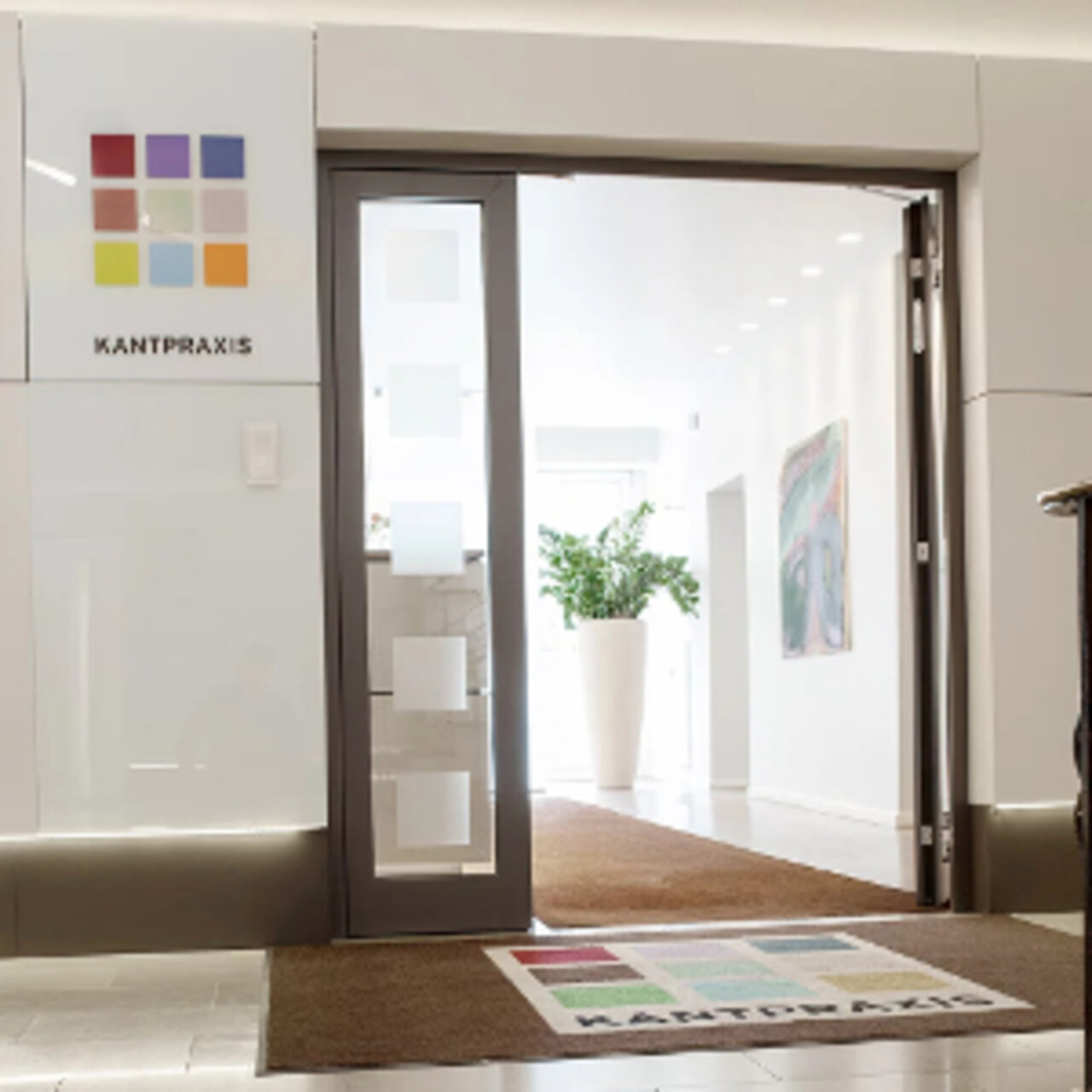Specialists in Heart CT
8 Specialists found
Information About the Field of Heart CT
What Is a Heart-CT?
A heart-CT (computed tomography) or cardio-CT (from Greek kardia – heart ) is an imaging diagnostic procedure. Different sectional images of the heart are recorded with the help of X-rays and calculated to a total image.
The unique feature of computed tomography of the heart is that an electrocardiogram is carried out simultaneously. This is used to record the heartbeats, for example, to record images only during the relaxation phase of the heart, because a realistic representation of the heart would otherwise not be possible due to the motion.
In contrast to conventional X-rays, computed tomography allows the heart to be imaged in different layers, providing the examiner with a three-dimensional image.
When Is a Heart-CT Carried Out?
This method is mainly used in patients with suspected coronary heart disease (CHD), as this method is good at visualizing calcifications of the coronary vessels, i.e., deposits that can impair the blood supply to the heart. If other preliminary examinations have not revealed a clear picture (e.g., stress ECG, heart ultrasound) and the patient is at increased risk of heart diseases (e.g., smoking, diabetes), a heart CT can be useful for evaluating arteriosclerosis (calcification) of the coronary vessels.
Duration and Procedure of a Heart CT
The heart CT examination is a non-invasive procedure that can also be performed in an outpatient setting without any problems. The examination only takes about 20 minutes.
Since a contrast agent containing iodine is often administered via a vein in the arm during this examination, it is relevant whether you are allergic to it. It is also essential to know whether you suffer hyperthyroidism or kidney damage. For this reason, your general practitioner must do a blood count before the examination. A pregnant woman is excluded from this examination, as X-rays are harmful to the child.
Before the examination, an ECG examination is carried out and possibly a heart rate reducing (beta-blocker), and a coronary artery dilating medication (nitrates) is given to increase the image quality.
The patient is alone in the room and has contact with the examiner via an intercom system during the examination
After the examination, the venous access is removed from the arm, and the results of the examination are discussed on-site or later. Monitoring or follow-up treatment is not necessary for this examination.
Heart-CT or Heart Catheter? When is Which Method used?
An alternative for evaluating the coronary arteries, and with it possible coronary heart disease, is theheart catheter examination. In contrast to a heart CT, this is minimally invasive, which means a catheter is inserted through a blood vessel in the wrist or groin and pushed up to the heart using a wire for guiding. A contrast agent can also be injected through this catheter in order to show the coronary vessels with X-rays.
In comparison to a heart CT, a cardiac catheter examination can not only be used for diagnosis but also therapy. This means, if stenoses and calcifications of the coronary vessels are found during the examination, they can be directly dilated by various procedures. For this reason, a cardiac catheter examination should be preferred to a heart CT, especially in patients with a high risk of calcification or highly suspected relevant narrowing of the coronary vessels. If the diagnosis is preferably carried out for the diagnosis of exclusion, with a slight to moderate risk, a cardiac CT is advisable due to its simpleness and lower risk of complications.
How Much Does a Heart-Computed Tomography Cost?
In contrast to private health insurance companies, the expenses for a heart CT usually are not covered by the statutory health insurance companies and must be covered by the patient. According to the scale of charges for doctors (GOÄ), the costs are estimated at 400.00€.
Sources:
- Duale Reihe Radiologie; 4. Auflage; Reiser, Kuhn, Debus







